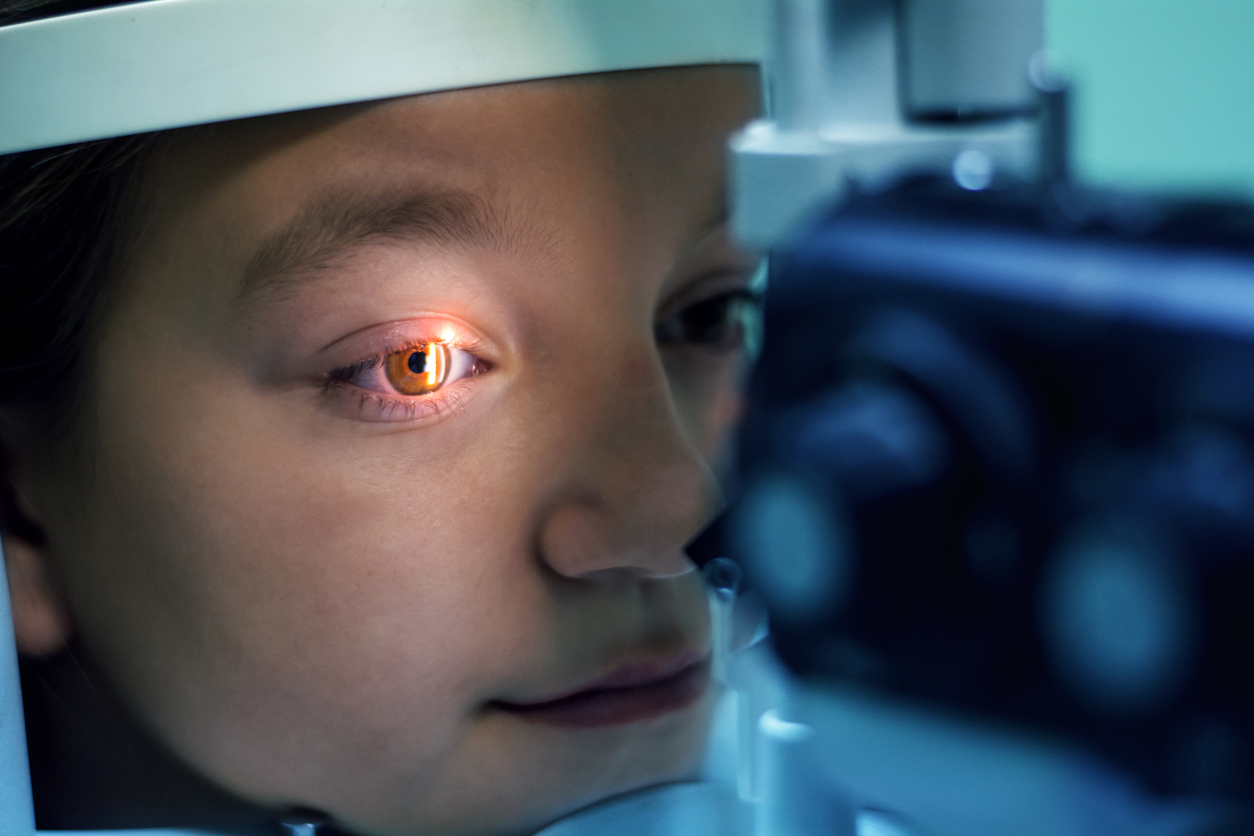Understanding Vision Screening vs. Comprehensive Eye Exams
Introduction
Vision screening and comprehensive eye exams are essential components of eye care, each serving distinct purposes in assessing visual acuity, detecting eye abnormalities, and ensuring overall ocular health. While both aim to evaluate vision, they differ significantly in their depth, scope, and objectives. In this comprehensive guide, we’ll delve into the intricacies of vision screening and comprehensive eye exams, exploring their procedures, settings, limitations, benefits, and key differences to help individuals make informed decisions about their eye care needs.
Vision Screening
- Purpose and Objectives: Vision screening is a brief assessment designed to identify individuals who may have vision problems or require further evaluation by an eye care professional.
- Settings and Administration: Vision screenings are commonly conducted in community settings, schools, workplaces, or primary care physician offices, often by non-eye care professionals such as school nurses or volunteers.
- Procedure: During a vision screening, individuals undergo basic visual acuity tests, typically using an eye chart to assess their ability to see clearly at various distances. Additional screening tools may include tests for color vision, depth perception, or eye alignment.
- Limitations: While vision screenings can detect obvious vision deficits, they may not identify subtle or underlying eye conditions that require further evaluation by an eye care specialist. False positives or false negatives can occur, leading to either unnecessary referrals or missed diagnoses.
Comprehensive Eye Exams
- Purpose and Objectives: A comprehensive eye exam is a thorough evaluation of the eyes and visual system performed by a trained optometrist or ophthalmologist.
- Settings and Administration: Comprehensive eye exams are typically conducted in clinical settings, such as optometry or ophthalmology practices, by licensed eye care professionals with specialized training and diagnostic equipment.
- Procedure: During a comprehensive eye exam, the eye care provider performs a series of comprehensive tests and assessments to evaluate visual acuity, refractive error, binocular vision, ocular health, and eye function. These may include refraction, slit-lamp examination, intraocular pressure measurement, dilated fundus examination, and additional tests based on individual patient needs.
- Benefits: Comprehensive eye exams enable early detection and diagnosis of various eye conditions and diseases, including cataracts, glaucoma, macular degeneration, diabetic retinopathy, and refractive errors. They also provide an opportunity for preventive care, patient education, and personalized treatment recommendations tailored to each patient’s unique needs.
Key Differences
- Depth of Evaluation: Vision screenings provide a basic assessment of visual acuity and may only detect significant vision problems, whereas comprehensive eye exams involve a comprehensive evaluation of ocular health, visual function, and eye anatomy, allowing for early detection of subtle abnormalities.
- Provider Expertise: Vision screenings may be administered by non-eye care professionals, whereas comprehensive eye exams are performed by trained optometrists or ophthalmologists with specialized knowledge, diagnostic tools, and clinical expertise.
- Diagnostic Capability: Vision screenings serve as initial screening tools to identify individuals at risk of vision problems, while comprehensive eye exams offer diagnostic capabilities to detect and manage a wide range of eye conditions and diseases, providing a more thorough assessment of ocular health and visual function.
Conclusion
Vision screening and comprehensive eye exams are integral components of eye care, each serving distinct roles in assessing vision and maintaining ocular health. While vision screenings provide a quick and convenient way to identify potential vision problems, comprehensive eye exams offer a comprehensive evaluation of ocular health and visual function by trained eye care professionals. By understanding the differences between these two assessments, individuals can make informed decisions about their eye care needs and prioritize regular comprehensive eye exams for optimal eye health and vision preservation.
World Eye Care Foundation’s eyecare.live brings you the latest information from various industry sources and experts in eye health and vision care. Please consult with your eye care provider for more general information and specific eye conditions. We do not provide any medical advice, suggestions or recommendations in any health conditions.
Commonly Asked Questions
Many health insurance plans cover comprehensive eye exams, especially for preventive care purposes or when medically necessary due to specific eye conditions or symptoms. It’s advisable to check with your insurance provider to understand your coverage.
If an abnormality or eye condition is detected during a comprehensive eye exam, the eye care professional will discuss the findings with you, provide information about treatment options, and recommend appropriate follow-up care or referrals if needed.
Contact lens fitting can be performed at various ages, depending on individual factors such as eye health, maturity, and ability to handle contact lenses. Eye care professionals can determine the suitability of contact lens wear during the exam.
It’s generally recommended to have someone accompany you or arrange alternative transportation after having your eyes dilated, as dilation can temporarily affect your vision, especially in bright light.
It’s helpful to bring along any current eyeglasses or contact lenses, a list of current medications, and information about any existing eye conditions or concerns. Dilating drops may be used during the exam, so bringing sunglasses for after the appointment is advisable.
Yes, comprehensive eye exams can sometimes detect signs of systemic health conditions such as diabetes, hypertension, and autoimmune disorders through ocular manifestations or changes observed during examination of the eyes.
Adults should undergo comprehensive eye exams at least once every two years, or more frequently as recommended by their eye care professional based on individual risk factors and eye health status.
Yes, signs such as frequent headaches, eye strain, squinting, double vision, difficulty focusing, or changes in behavior or academic performance may indicate the need for a comprehensive eye exam.
While vision screenings are valuable for detecting certain vision problems, they may not identify all eye conditions or abnormalities. Comprehensive eye exams performed by eye care professionals offer a more thorough evaluation.
Vision screenings for children typically begin in infancy and continue throughout childhood at regular intervals. The American Academy of Pediatrics recommends the first vision screening at around 6 months of age.
news via inbox
Subscribe here to get latest updates !








